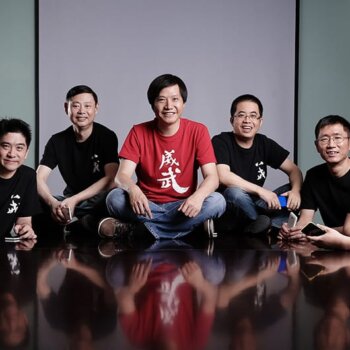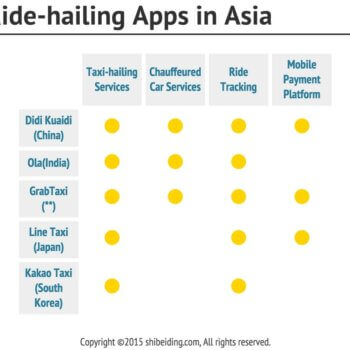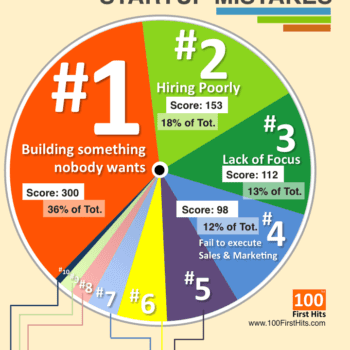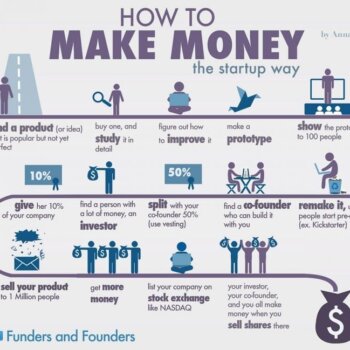Chinese social network TikTok, currently popular with millions of young people around the world, looks set to follow in the footsteps of its predecessors at least in terms of video content creation and the “daddy, when I grow up I want to be a youtuber “ myth. Basically, you can have a great time creating content on TikTok, but you won’t make any money from it.
It’s the broken dream of a generation who thought that getting rich was just a matter of doing dumb things in front of a camera. The entry barriers to YouTube and TikTok couldn’t be lower, but they aren’t a way into business. Young people who once dreamed of becoming youtubers are now simply cheap labor, generating traffic for companies who know that they don’t need to pay for content and that the promise of a minute of viral fame or a raffle ticket for unlikely success is enough to attract another sucker. And when these suckers are willing to do whatever it takes to achieve their five minutes of fame, the sleep of the reason produces monsters.
Who remembers Vine, the six-second looping video creation tool that Twitter acquired in October 2012 before its $30 million IPO? It enjoyed meteoric growth between 2013 and 2015, only to close down in October 2016 because it was unable to offer its creators any valid means of monetization.
YouTube? It’s getting more and more traffic, but its content creators are making less and less money. Most brands that want to attract attract young audiences by advertising on various channels realize not only the risk involved in linking their image to unstable or volatile profiles, but also the very limited effectiveness of the impressions they generate. Why is it harder and harder to make money by posting videos on YouTube? Simply because the economy of attention never really worked, it simply fed on a series of myths, on a supposedly false star system created and fed on by the company itself. In practice, very few people made any real money, and far fewer made an impact on the brands that advertised alongside their content.
Are you a TikTok fan? Whatever: as long as you know who you are creating content for and whose bottom line you are really working for. Then there’s the assorted ethical problems associated with it, although you probably won’t haveheard. If you’re posting stuff to satisfy your creativity or to be recognized on the street and you don’t mind working for free for some Chinese company, then go for it. But if you think you’re going to get rich from it someday, there are plenty of other ways that might also make the world a better place. If you ever thought that when you grew up you would make a living from being a youtuber and you’d be paid a fortune for talking crap while playing your favorite video games, it’s time to grow up: the tooth fairy doesn’t exist.
About the Author
This article was written by Enrique Dans, professor of Innovation at IE Business School and blogger at enriquedans.com.





























